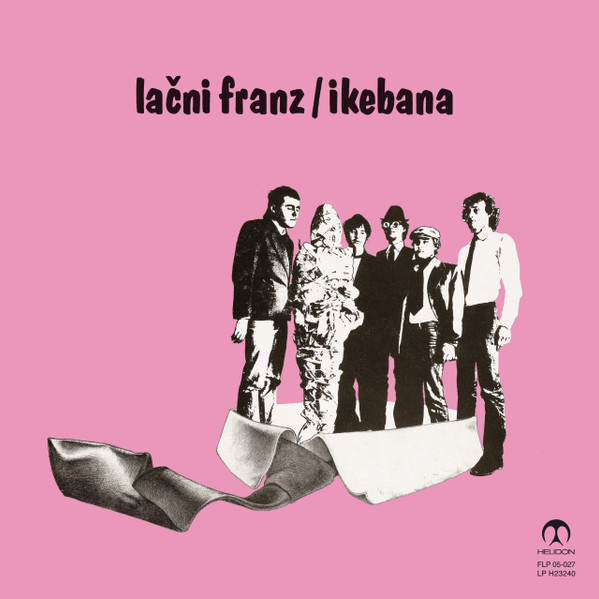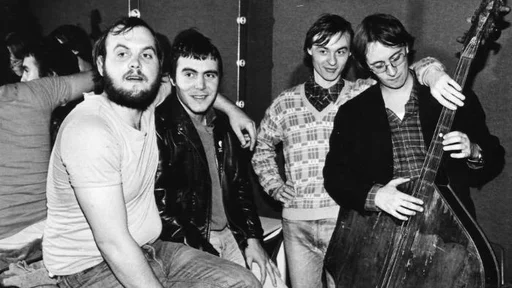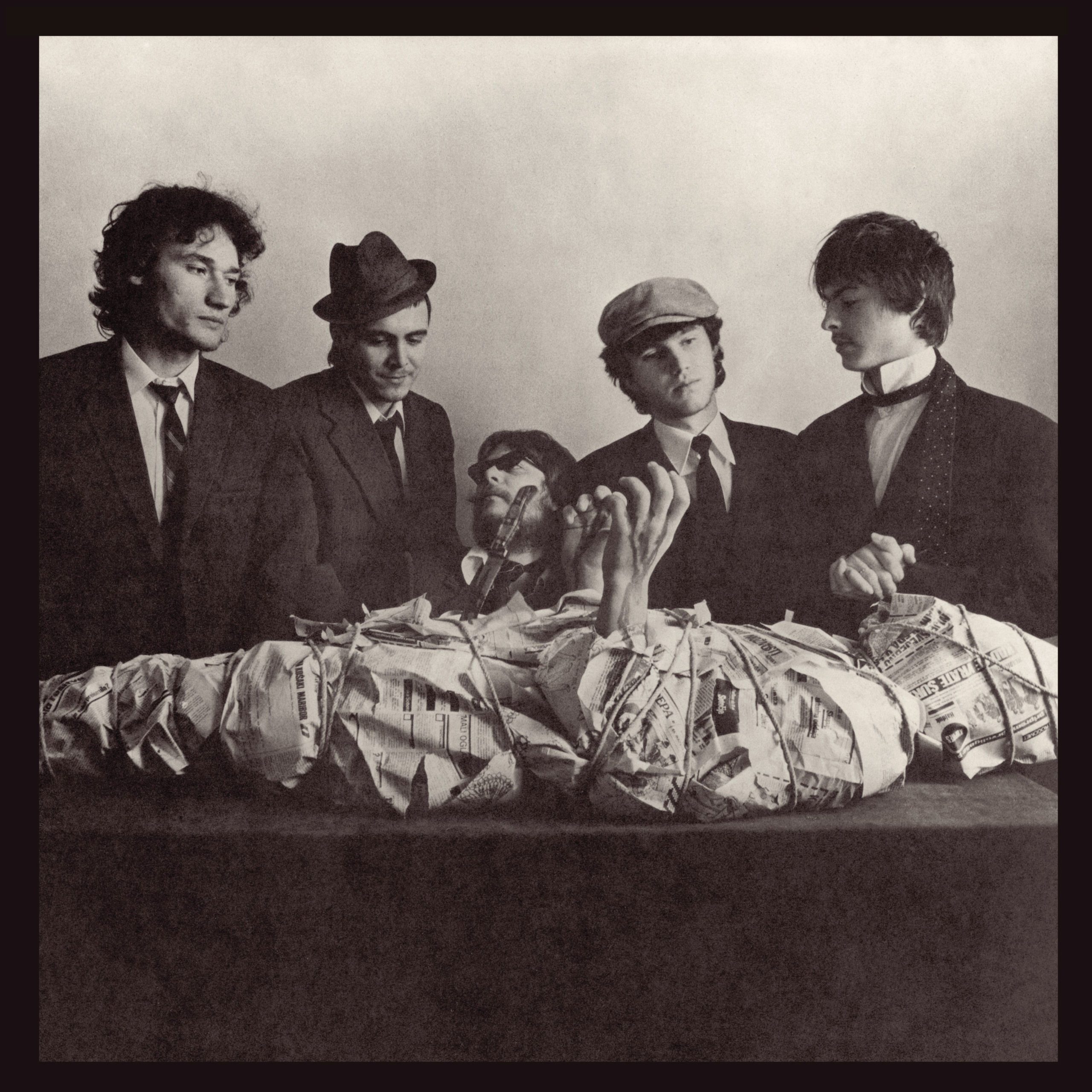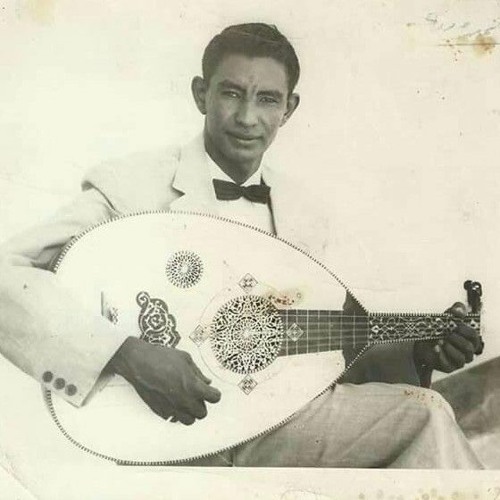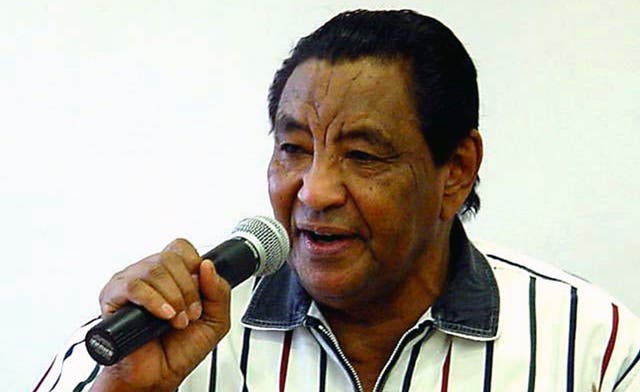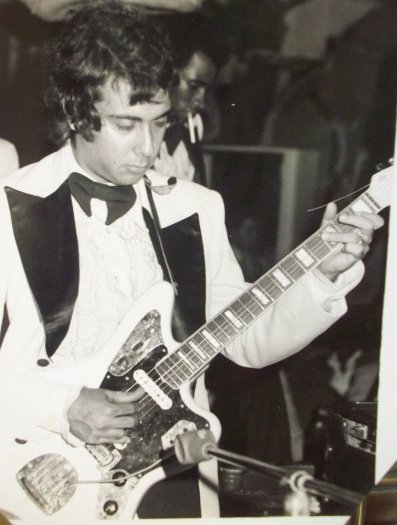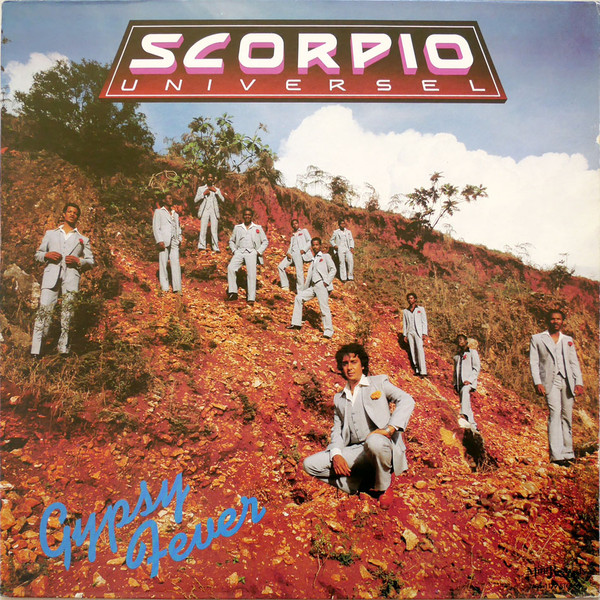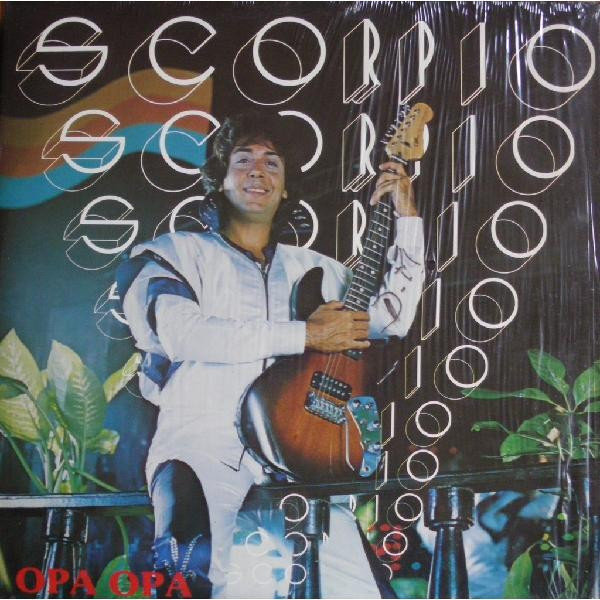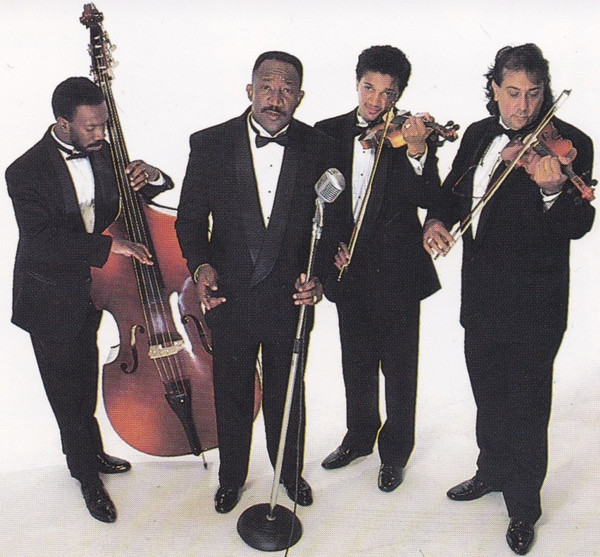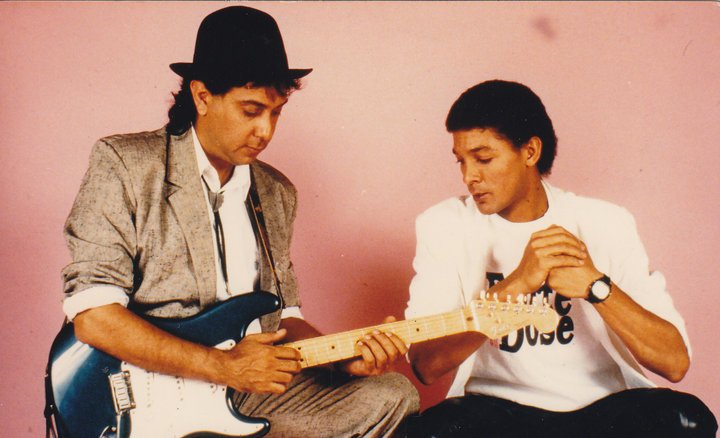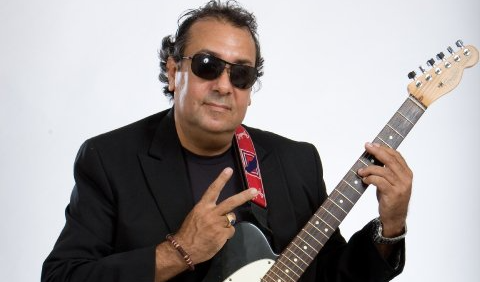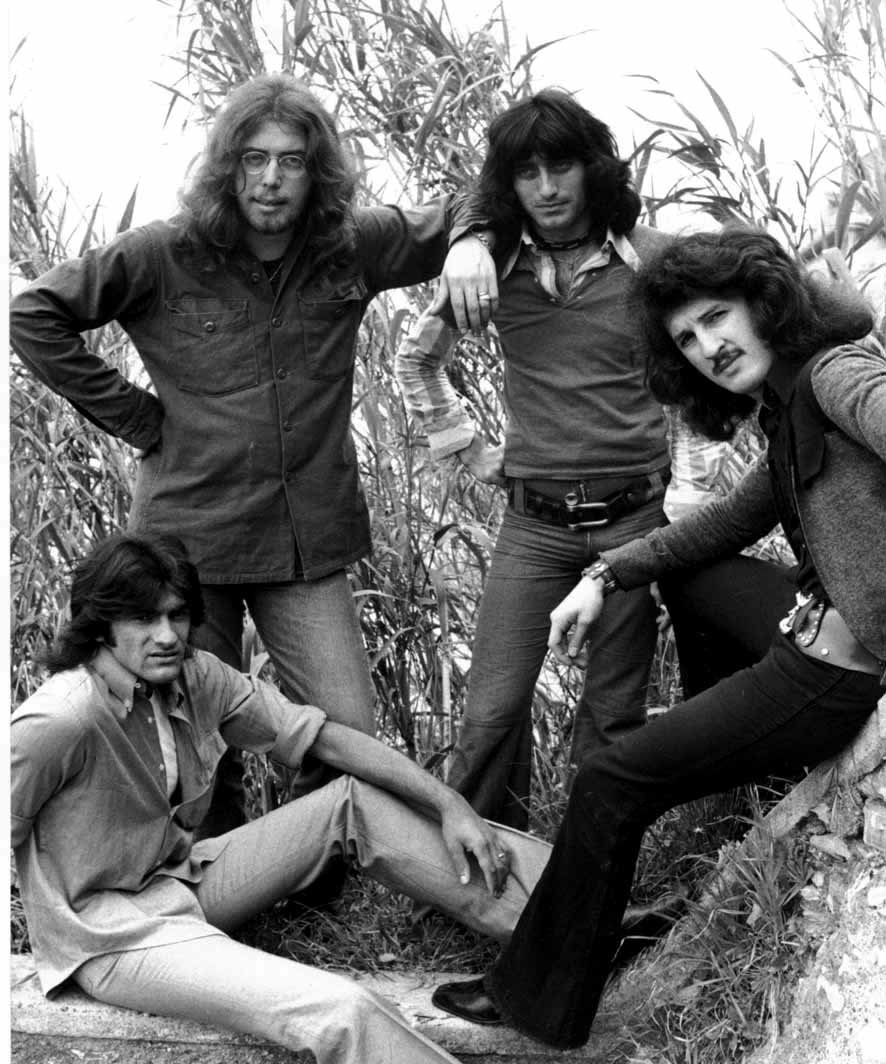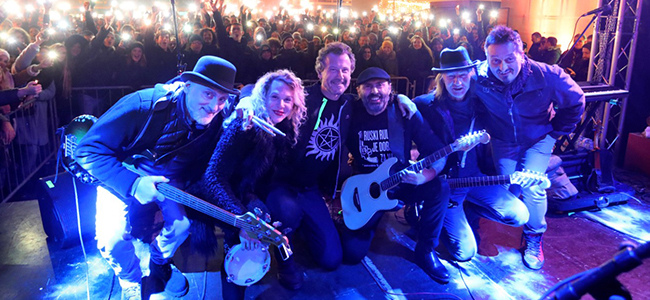Ariunaa - 1997 - Zövkhön chinii tukhai
Ariunaa ( born on March 15, 1967 in Ulaanbaatar) is an honored monglian actress and pop diva singer. His artistic career began at the age of 15, and he first became known to the public with the song "Sixteen Years". He graduated from the Bulgarian Art School (Conservatory) as a singer. So, he returned to Mongolia and worked as a singer in the Soyol-Erdene band, and in 1990, he started creating "Freelance Artist" and his works. With the Eros #1 album released in 1996, he exploded in the Mongolian music world, winning over the audience (charisma) and creating his own space. Songs such as "Утасны чинь дугаар" and "Анхны хайр" from the Eros #1 album conquered young people at that time.
A brief biography
Timur's Ariunaa was born as the daughter of Timur and Bayanjargal from Bat-Ulzii sub-district of Ovorkhangai province. He was talented in singing and dancing since childhood. Since she was a student at the 10-year secondary school No. 52 in the capital, Ariunaa has been singing in the band "Song of the Sun" under the leadership of L. Galmandakh, a famous writer of children's songs. When he was 15 years old, he sang the song "16 nas" for the first time. At the age of 16, one year later, the song was recorded in the golden fund of the Mongolian Radio. While in middle school, he won a silver medal in the art examination of the Mongolian pioneer organization and was also selected in the Soviet state singing competition. Later, she graduated from the Bulgarian Institute of Music and became a professional singer. Ariunaa started singing as an accompanist in the "Soyol Erdene" ensemble of the State Philharmonic and later became a soloist in the group. Now he is an independent artist. United Nations children's ambassador singer. Worked as a judge of the Universe Best Songs festival. Also, in 1998, he established the Holy Heart NGO, which focuses on disabled children, and created a foundation for children with poor life opportunities who have become part of society. His contribution to special schools for children with disabilities was so great that the foundation was discontinued in 2004.
In the cold, snowy February of 2002, the album "Khavryn shöniin bodol" was released, and the album included songs with a very melodious, low tone and a patriotic theme. The song "Хаврын шөнийн бодол" was sung in a melodious and innovative rhythm, and was broadcasted on the loudspeakers of Narantul market and on all radio and TV channels.
The singer Ariunaa became the first child ambassador from Mongolia. In May 2002, she participated in the concert organized by the Children's Conference in New York under the theme "Let's develop the world together with children" and performed "Нарны хаан хүүхэд". sang the song. In 2003, he had a lot of creative work, and he released two new albums, "You are my life" and "Minii shine oron zai". Also, the singer performed his "Minii shine oron zai" concert on October 31, November 1 and 2, 2003.
He performed not only on the territory of Mongolia, but also toured Yugoslavia, Korea, Japan, and America for Mongolians abroad. T. Ariunaa is not only one of the famous pop singers of Mongolia, but he is also the head of the "Ariun Tzhev" Foundation, which focuses on the education of disabled children.
TRACKLIST:
1 Дурлалын хөгжим 6:50
2 Зөвхөн тэр хайрандаа 5:42
3 Blue Jeans 3:28
4 Чи би 4:59
5 Бүжгэнд уриач 6:03
6 Хайрын тухай ярилцья 7:46
7 Насны хань 3:19
8 Хайрлахын цаана 5:14
9 Yггүй мордсон чи минь 4:55
(C) 1997 Hi-Fi Media Group
℗ 1997 Hi-Fi Media Group Co., Ltd





.jpeg)





